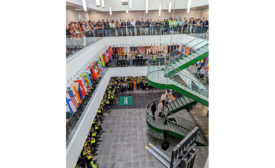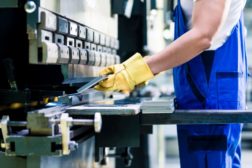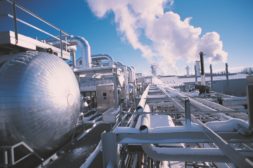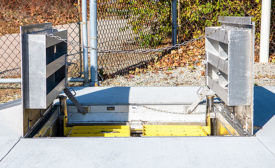Home » Keywords: » plant management
Items Tagged with 'plant management'
ARTICLES
At Irish HQ, facility making inroads in quest to improve environmental impact
Read More
How to safely adapt to manufacturing’s new normal
Plant managers are dealing with parts and labor shortages
January 16, 2023
Automation driving efficiencies in the oil and gas sector
Learn how organizations can increase throughput, make assets more reliable and improve upon safety practices
March 3, 2022
Four considerations to improve industrial fire safety systems
When fire safety is critical
September 9, 2019
Become a Leader in Safety Culture
Build your knowledge with ISHN, covering key safety, health and industrial hygiene news, products, and trends.
JOIN TODAYCopyright ©2024. All Rights Reserved BNP Media.
Design, CMS, Hosting & Web Development :: ePublishing








